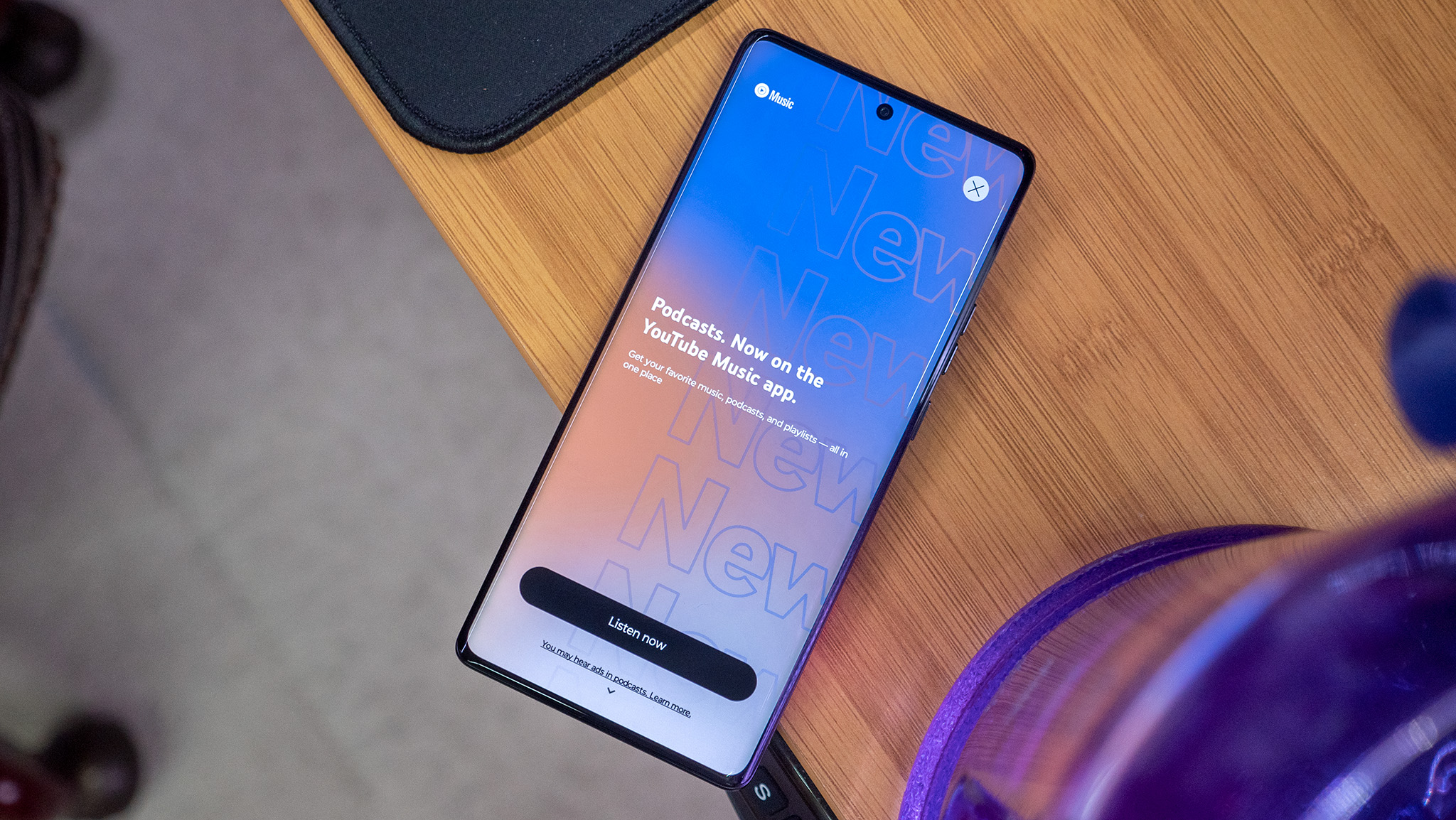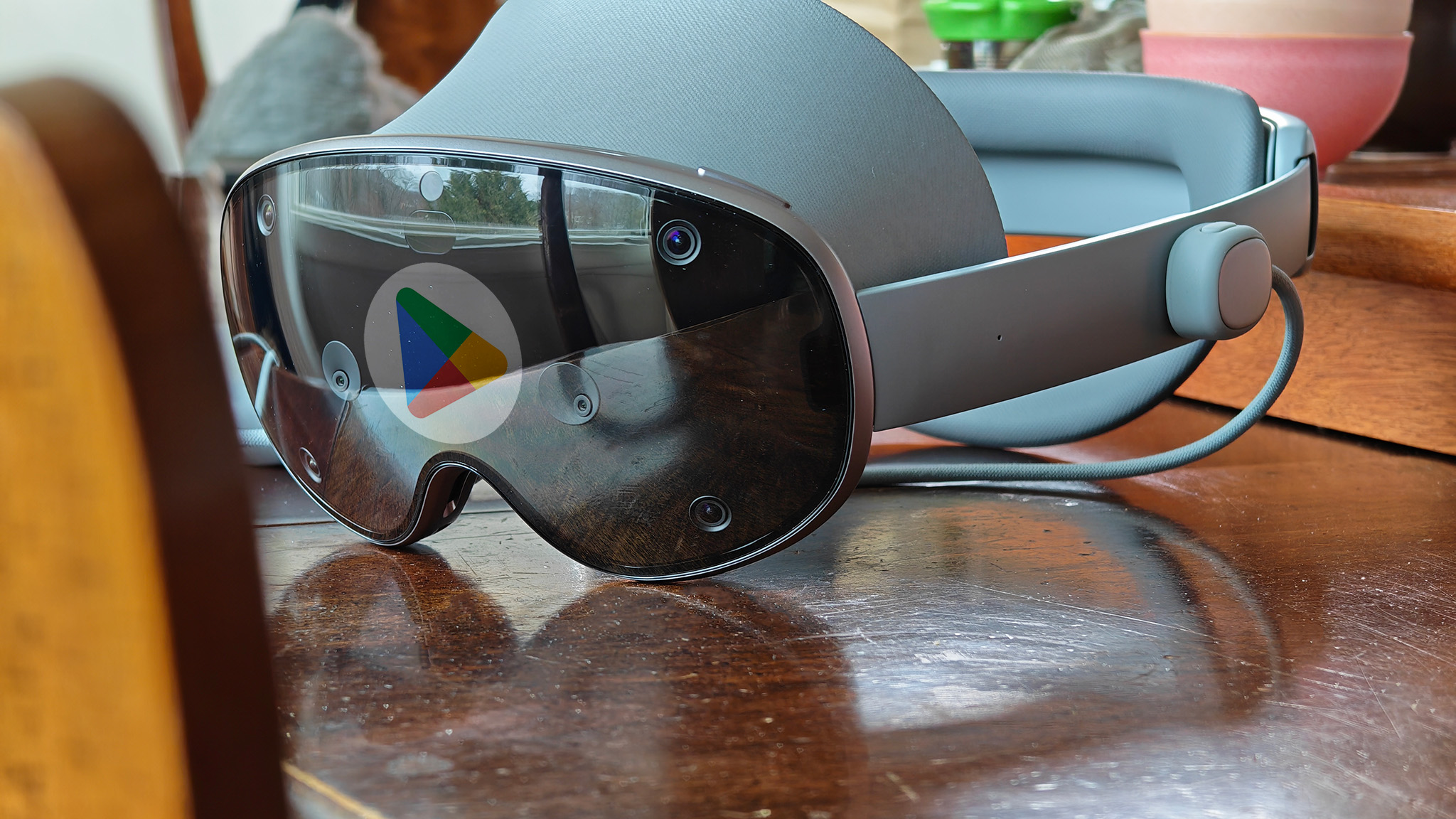You can now upload podcasts to YouTube via audio-only RSS feeds
The process eliminates the hassle of uploading podcasts to YouTube.

Get the latest news from Android Central, your trusted companion in the world of Android
You are now subscribed
Your newsletter sign-up was successful
What you need to know
- YouTube will now accept uploads from audio-only RSS feeds, making it easier for audio-first podcasters to syndicate on the platform.
- After submitting an RSS feed to YouTube, the platform can automatically create videos for podcast episodes that you want to upload.
- From then on, new episodes added to the RSS feed will be automatically uploaded to YouTube.
Although the standalone Google Podcasts app is shutting down, the company isn't giving up on audio-first media. YouTube now accepts uploads via audio-only RSS feeds, making it easier for podcast creators to join the platform. After a bit of setup, the whole process becomes automated and requires little effort from creators.
The simplicity of uploading podcasts to YouTube from RSS feeds might cause a spike in podcasts on YouTube. That would fit in line with Google's goal to make YouTube a one-stop solution for videos, music, podcasts, and other kinds of media. While YouTube Music is the company's direct replacement for Google Podcasts, the changes to YouTube might help it fill the gap as well.
Google detailed the new functionality in an updated support document. For now, support for RSS feeds is limited to select countries, but the list is long. It includes most countries where YouTube and/or YouTube Music are already available.
To get started, podcast creators can link their existing RSS feed to YouTube. They can select which of their existing episodes are uploaded to YouTube from the RSS feed's backlog. Then, YouTube will automatically create videos for each of the audio-only entries. The podcast's show art will appear as a static image in the video version of the episode on YouTube.
Aside from uploading the RSS feed and selecting episodes to upload from the backlog, YouTube does the rest on its own. Going forward, YouTube will upload new episodes sent out over RSS and notify the creator's YouTube subscribers automatically. Ideally, podcast creators can set up their audio RSS feed once and never have to manage it again.
Before YouTube added support for RSS feeds, it was much more time-consuming to upload podcast episodes to the platform. This is especially true when compared to services that already pulled episodes from RSS feeds because creators could upload to multiple distributors at once. Now, YouTube joins that list.
The effect of this move on end users is limited, but you might start seeing more podcasts on YouTube in the future. After all, it's easy enough for creators to justify setting up their RSS feed on the platform.
Get the latest news from Android Central, your trusted companion in the world of Android

Brady is a tech journalist for Android Central, with a focus on news, phones, tablets, audio, wearables, and software. He has spent the last three years reporting and commenting on all things related to consumer technology for various publications. Brady graduated from St. John's University with a bachelor's degree in journalism. His work has been published in XDA, Android Police, Tech Advisor, iMore, Screen Rant, and Android Headlines. When he isn't experimenting with the latest tech, you can find Brady running or watching Big East basketball.
